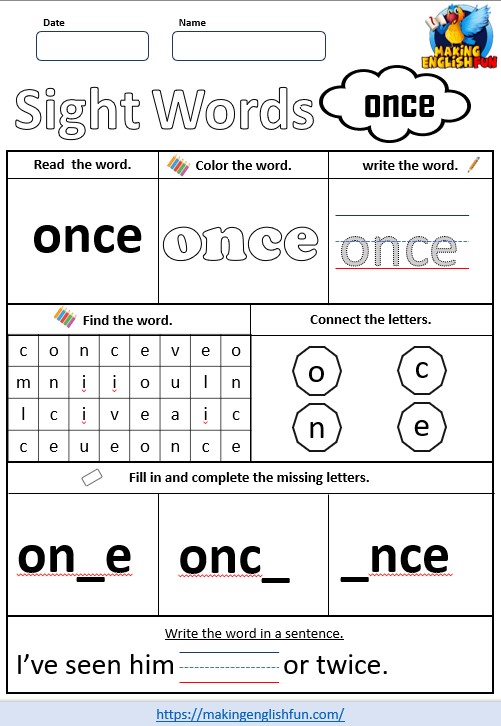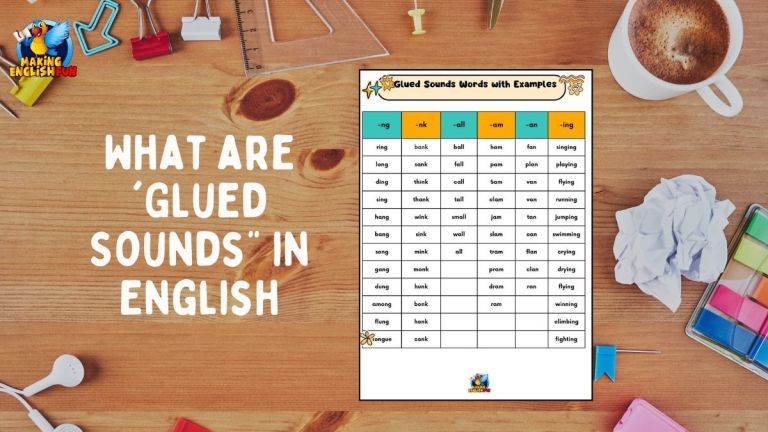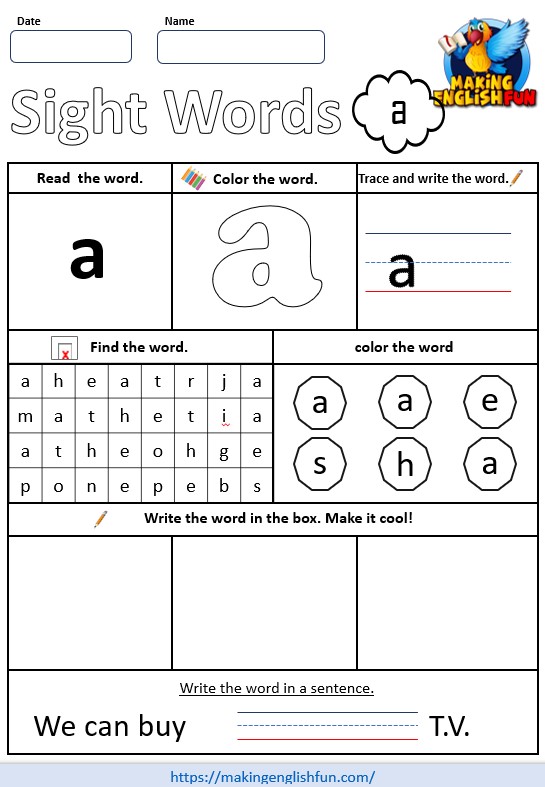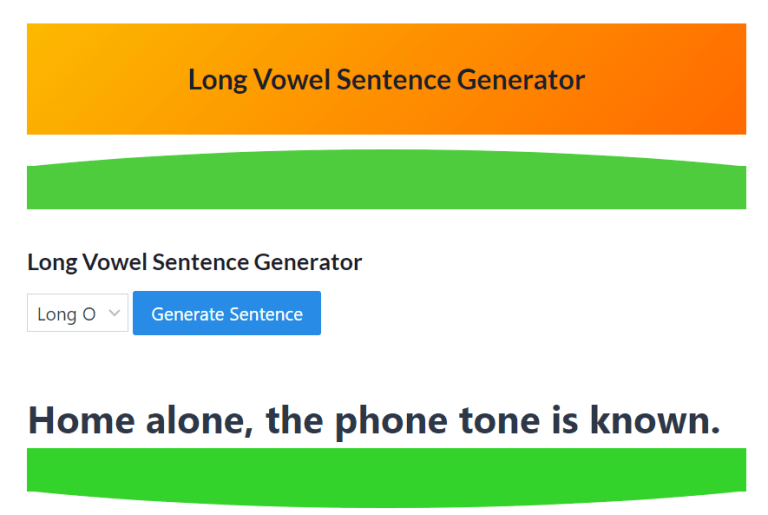Aquire or Acquire? Which Is Correct?
A common area of confusion in English spelling is distinguishing between “Aquire” and “Acquire.”
The spelling of certain English words can sometimes be tricky. One of those that catches plenty of people out. ( including us) is “Aquire” and “Acquire.”
This confusion is not uncommon, given the subtle difference in their spelling and the similarity in pronunciation.
This article will clarify the correct spelling and provide guidance to help you use this word correctly in various contexts.

Correct Spelling and Definition
The correct spelling is “Acquire,” with the ‘c’ after the initial ‘a’. “Acquire” means to buy or obtain something for oneself, or to learn or develop a skill, quality, or habit.
For example, in the sentence, “She aims to acquire a new language this year,” the word suggests the action of gaining new linguistic skills.
Common Spelling Error: Aquire
The mistake of spelling it as “Aquire” without the ‘c’ is not uncommon.
This error might stem from an oversight or misunderstanding of the word’s correct pronunciation and structure.
However, it’s important to remember the ‘c’ after the ‘a’ for the correct spelling.
Etymology and Historical Development
The word “acquire” has its roots in Latin, coming from “acquirere,” which means “to seek in addition to.”
This Latin term is a combination of “ad-” (towards) and “quaerere” (to seek). The ‘c’ in “acquire” is a vestige of its Latin origin.
Understanding this etymology can help in remembering its correct spelling, linking the act of acquisition with the action of seeking something additional.
Usage in Different Contexts
“Acquire” is used in various contexts, ranging from the acquisition of tangible items to the development of skills or knowledge.
- In a sentence like “The museum acquired a rare painting,” it refers to the act of obtaining an object.
- In a different context, as in “He acquired a taste for classical music,” it describes the gradual development of a preference or habit.
Recognizing the different ways “acquire” is used can enhance your understanding of its meaning and assist in its correct application.
Comparison with Other Common Spelling Confusions
Spelling confusion with “acquire” is not an isolated case.
English contains many words where similar issues arise, such as “necessary” (often misspelled as “neccessary”) and “separate” (frequently misspelled as “seperate”).
Here’s a quick comparison:
| Correct Spelling | Common Incorrect Spelling |
|---|---|
| Acquire | Aquire |
| Necessary | Neccessary |
| Separate | Seperate |
This comparison table demonstrates the importance of paying close attention to the spelling of commonly miswritten words.
Tips for Remembering the Correct Spelling
A helpful mnemonic for remembering the spelling of “acquire” is to think of the phrase
- “A Quick CURE.” The ‘ac’ in “acquire” can be remembered by associating it with ‘A Quick,’ and ‘quire’ sounds similar to ‘CURE.’
This simple phrase can make it easier to recall the correct spelling with the ‘c’ after the ‘a’.
Besides mnemonics, frequent usage of the word in writing and verbal communication can reinforce the correct spelling.
Engaging in activities like reading, writing, and spelling quizzes can also significantly aid in memorizing and understanding the proper spelling of challenging words.
Conclusion
The correct spelling is “Acquire,” not “Aquire.”
This word, essential in various contexts, from business to personal development, is a key part of the English vocabulary.
Understanding and remembering its correct spelling is crucial for clear and effective communication.
FAQs or Reader Questions
Q1: Are there other words with similar ‘ac’ beginnings that people commonly misspell?
Yes, words like “accumulate” (sometimes misspelled as “acumulate”) and “accurate” (often misspelled as “acurate”) also start with ‘ac’ and are frequently misspelled.
Q2: Why does English have so many spelling rules and exceptions?
English has evolved over centuries, borrowing words from various languages, each with its own spelling conventions. This rich linguistic history contributes to the complexity of English spelling rules and exceptions.
What are some effective ways to improve spelling in English?
Regular reading, writing practice, using spelling checker tools, and engaging with language learning apps or games are effective ways to improve spelling. Learning the origins of words can also be helpful.
Q4: How important is spelling in professional communication?
Correct spelling is very important in professional settings as it reflects on your attention to detail and communication skills. Spelling errors in professional contexts can sometimes lead to misunderstandings or negative impressions.
Q5: Can learning about word origins be beneficial for non-native English speakers?
Absolutely. Understanding word origins can provide non-native speakers with insights into the meanings and spellings of English words, making it easier to remember and use them correctly.







